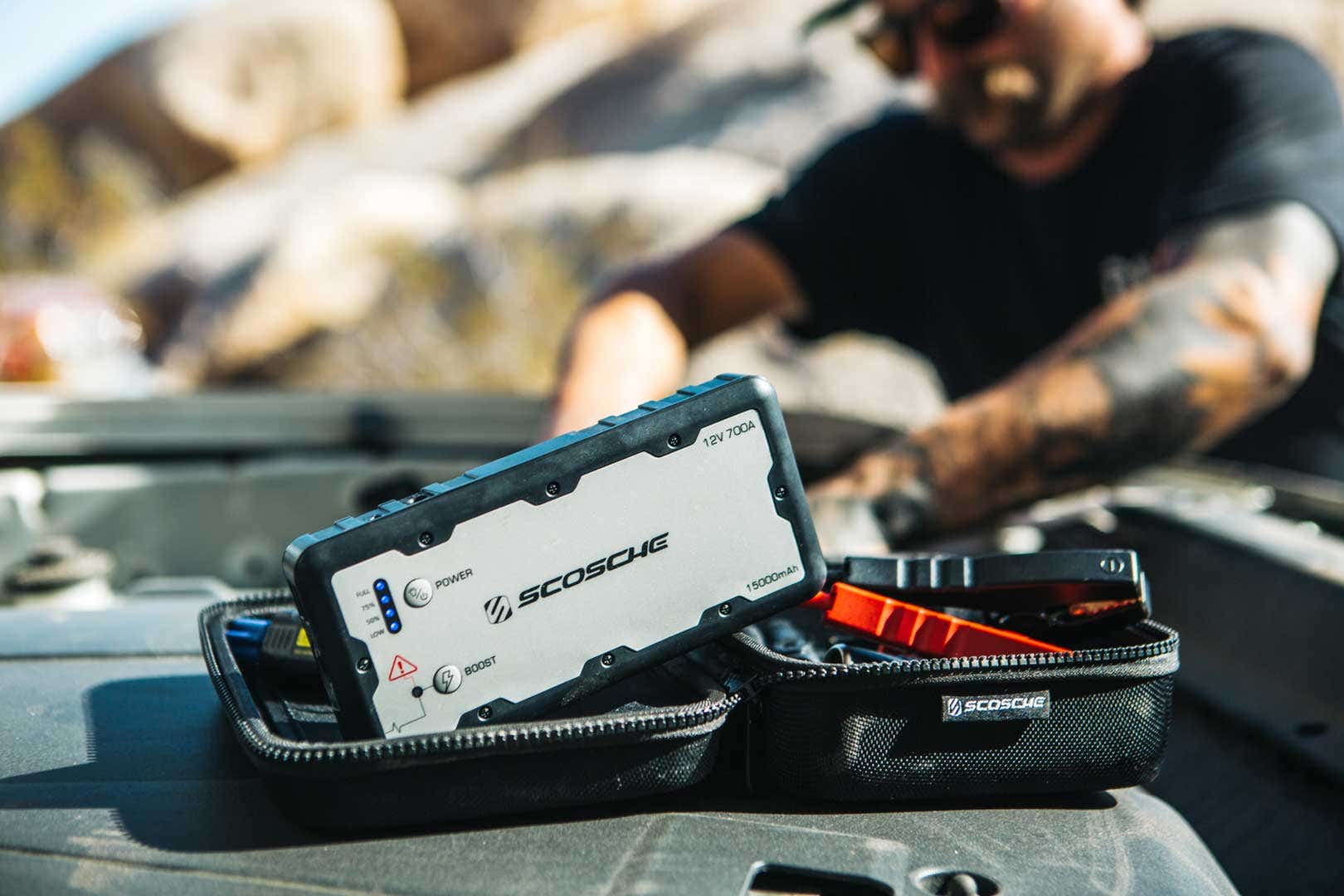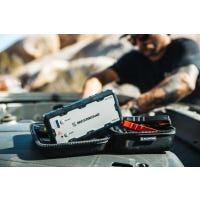How to Be Prepared for a Natural Disaster

By Chris Merritt
Where To Live?
This is a question many people face when their lives reach a crossroads. Sure, there are major factors like family, jobs, cost of living etc. but there are also the really basic things like weather and natural disasters. The United States certainly has a lot of variety when it comes to weather and natural disasters.
Questions you may find yourself asking are, is this area prone to heavy rains and flooding? Is a tropical storm or hurricane going to come and damage my property? Can a wildfire pose a threat to my home? Knowing what kinds of natural disasters occurred where you are considering moving to is important to know, so you can prepare.
A Bit About Me
I grew up in the mountains of New England. We experienced long cold winters and hot and humid summers. We’d see temperatures well below zero in the wintertime and day after day of rain and wind in the summertime. I experienced two hurricanes and countless blizzards over my years growing up. Mt. Washington, where the highest recorded wind speed was ever recorded – 231 miles per hour, was in my backyard!
Now I live in California where there are totally different types of natural hazards to contend with. It’s still hard for me to accept that the time period I used to call “autumn”, here is often referred to as “fire season”. Long dry summers combined with the dreaded Santa Anas – hot winds from the desert – that invade the area in the fall making the threat of wildfires a terrifying reality. High winds take on a whole new meaning when there are wildfires burning.
Throw in the occasional earthquake, like the ones we experienced over this past 4th of July weekend, and I quickly realized I have managed to find another place that is prone to natural disasters.
Natural Disasters Are Everywhere
The southeast has hurricanes and flooding. The midwest has snowstorms, thunderstorms, tornadoes, and sometimes hail the size of baseballs, along with flooding. The entire northern half of the country is susceptible to blizzards in the wintertime and heatwaves in the summer. So pretty much wherever you choose to live there is something that could throw your life for a loop, for a few minutes, a few hours or a few days. Sometimes though, days can become weeks, then months, and even years.
Once we accept that there’s no perfectly safe place to live, we can prepare for what can be done when one of these unforeseen circumstances arises. There are basics that everyone should have on hand like canned or dried food, drinking water, flashlights with extra batteries, a First Aid kit, and blankets. These are the essentials for your emergency preparedness.
How Scosche Can Help You Prepare
One thing people often forget about during a natural disaster is what happens when the power goes out. We rely on our phones these days for pretty much everything. This reliance will only increase when WiFi and cable go down. Long gone are the days when people had actual FM radios to get information during an emergency. These days you need your phone more than ever, so it’s important to have a way to keep it charged until power gets restored.
Scosche has some useful and reliable products that can make a big difference in the event of a natural disaster. Our rugged and waterproof line of GoBat batteries are ideal to keep your phone charged in less than ideal situations. They’re built tough so can take whatever you’re going through and keep their charge.
You can keep your phone charged, but what about your vehicle? There’s nothing scarier than needing to flee in your vehicle and finding it won’t start. Our PowerUp power jumpers will jumpstart your vehicle with ease and safety (they’re spark-free), plus they have a built-in flashlight and USB port to charge other devices. Talk about hitting all the bases.
These are just a couple of practical products by Scosche that can be a real game-changer during a natural disaster. Receiving news and emergency updates and getting in touch with loved ones from a charged phone is invaluable. We certainly hope you never have to endure a situation like this, but if you do, you’ll want to have these items as part of your emergency kit. Stay Safe!
